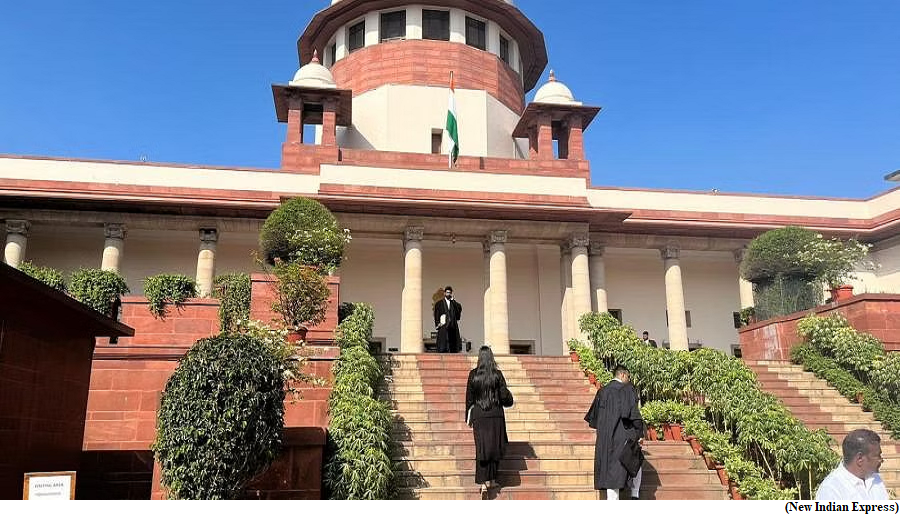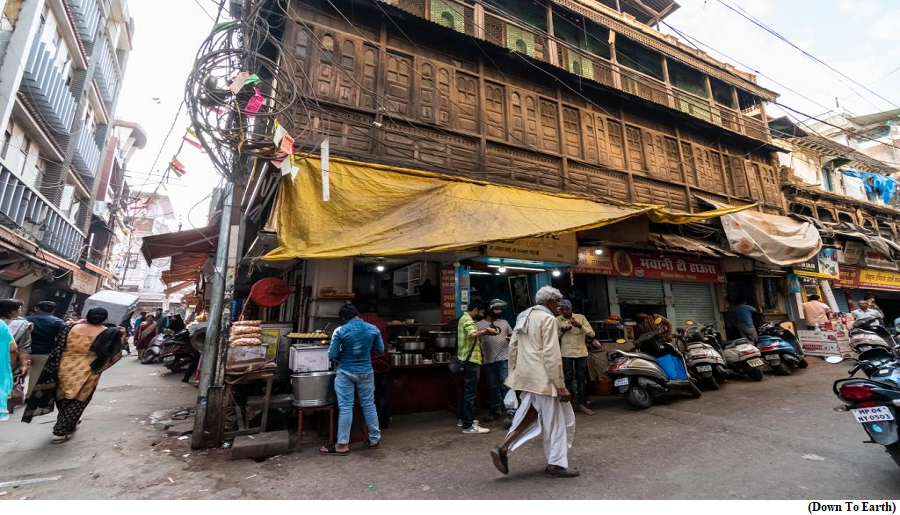Lack of committees against sexual harassment is disquieting, says SC (GS Paper 2, Judiciary)

Why in news?
- The Supreme Court recently in a judgment, said there are “serious lapses” and “uncertainty” in the implementation of the Protection of Women from Sexual Harassment (PoSH) Act, leaving many working women no choice but to leave their jobs.
Case before SC:
- The judgment came in an appeal filed against a March 15, 2012 judgment of the Bombay High Court dismissing a Goa University employee’s writ petition against a disciplinary authorities’ decision to dismiss him from services on the basis of complaints of sexual harassment.
- The case has been remanded back to the complaints committee.
Key Highlights of the judgement:
- A Bench of Justices A.S. Bopanna and Hima Kohli, said the “sorry state of affairs” concerning the anti-sexual harassment at workplace law even after a decade of its introduction was “disquieting”, and it was time for the Centre and States to take affirmative action.
- Working women were reluctant to report instances of sexual harassment either due to uncertainty about whom to approach or because of their lack of confidence in the process itself and its outcome.
- However salutary this enactment may be, it will never succeed in providing dignity and respect that women deserve at the workplace unless and until there is strict adherence to the enforcement regime and a proactive approach by all the State and non-State actors. If the working environment continues to remain hostile, insensitive and unresponsive to the needs of women employees, then the Act will remain an empty formality.
- It referred to a newspaper survey which revealed that out of 30 national sports federations in the country, only 16 had constituted Internal Complaints Committees mandated under the 2013 Act.
Directives:
- The court directed the Union, States and Union Territories to undertake a time bound exercise to verify whether Ministries, Departments, government organisations, authorities, public sector undertakings, institutions, bodies, etc. had constituted Internal Complaints Committees (ICCs), Local Committees(LCs) and Internal Committees(ICs) under the Act.
- These bodies have been ordered to publish the details of their respective committees in their websites. They were given eight weeks to comply and file affidavits in the Supreme Court.
Bhopal becomes first Indian city to track progress towards meeting SDGs
(GS Paper 3, Economy)
Why in news?
- Bhopal in Madhya Pradesh has become the first city in India to adopt the localisation of the United Nations-mandated sustainable development goals (SDG).
- It will now have voluntary local reviews (VLR) demonstrate local government’s capacity and commitments.

Details:
- Recently, the Chief Minister launched an ‘Agenda for Action: Sustainable Urban Transformation in Bhopal’.
- The SDGs localisation is translating the agenda, Transforming our world: the 2030 Agenda for Sustainable Development (known as Agenda 2030), into local actions and impacts that contribute to the global achievement of the goals.
Voluntary Local Reviews (VLR):
- Bhopal’s VLR is the result of a collaboration between the Bhopal Municipal Corporation, UN-Habitat and a collective of over 23 local stakeholders to measurably demonstrate the city’s aspirations for a sustainable and inclusive urban transformation.
- It incorporated a mix of quantitative and qualitative approaches to the review of SDGs, with qualitative mapping of 56 developmental projects.
Agenda 2030:
- In 2015, all 193 member states of the UN adopted the Agenda 2030, comprising 17 SDGs and 169 targets as a plan of action for people, planet and prosperity.
- The member states report their progress towards achieving the goals through a voluntary national review (VNR) to UN’s high-level political forum (HLPF).
- Local and regional governments are increasingly engaging in their own subnational reviews, so-called VLRs, which have proven useful for cities and regions, according to the UN.
- Unlike the VNRs, local reviews do not directly have an official basis in the 2030 Agenda or other intergovernmental agreements, even though the 2030 Agenda underlines in several places the importance of governments working closely with regional and local authorities on its implementation.
- Cities and regions have a pivotal role in achieving Agenda 2030 as at least 60 per cent of the 169 targets could not possibly be achieved.
Outcome:
- VLRs have emerged as a powerful tool that forefronts local action.
- New York City became the first city to present its VLR to the HLPF in 2018. By 2021, some 33 countries had made 114 VLRs or similar review documents publicly available.
Norway takes command of Arctic Council from Russia
(GS Paper 2, International Organisation)
Why in news?
- Norway took over the presidency of the Arctic Council from Russia amid growing questions about the urgent need to protect the polar region badly hit by climate change.
- The fate of the Arctic Council has been under threat amid the ongoing war between Russia and Ukraine that had promoted Western countries to suspend cooperation with Russia.

Impact of Ukraine War:
- The eight member countries of the Arctic Council, including Russia and the United States, have cooperated on climate-change research and social development across the ecologically sensitive region.
- The Arctic Council, which doesn’t deal with security issues but makes binding agreements on environmental protection and gives a voice to the Indigenous peoples of the Arctic region, was one of the few settings where Western countries and Russia worked together closely.
- All seven countries; United States, Canada, Denmark, Finland, Iceland, Norway, and Sweden had paused their work with Russia in the council shortly after Moscow launched the full-scale war in February 2022. The impact was that research on issues ranging from climate change to polar bears had been put on hold, and scientists lost access to important facilities in the Russian Arctic.
- An ineffective Arctic Council could have dire implications for the region's environment and its 4 million inhabitants who face the effects of melting sea ice and the interest of non-Arctic countries in the region's mostly untapped mineral resources.
Role of Arctic Council:
- The Arctic Council in the past has produced binding agreements on environmental protection and preservation. It is also a rare platform giving a voice to the region's Indigenous peoples.
- The Arctic is warming about four times as fast as the rest of the world. As sea ice vanishes, polar waters are opening to shipping and other industries eager to exploit the region's bounty of natural resources, including oil, gas, and metals such as gold, iron, and rare earths.
Way Forward:
- Norway has now vowed to keep the council’s work moving forward as it assumed the rotating two-year chairmanship from Russia.




